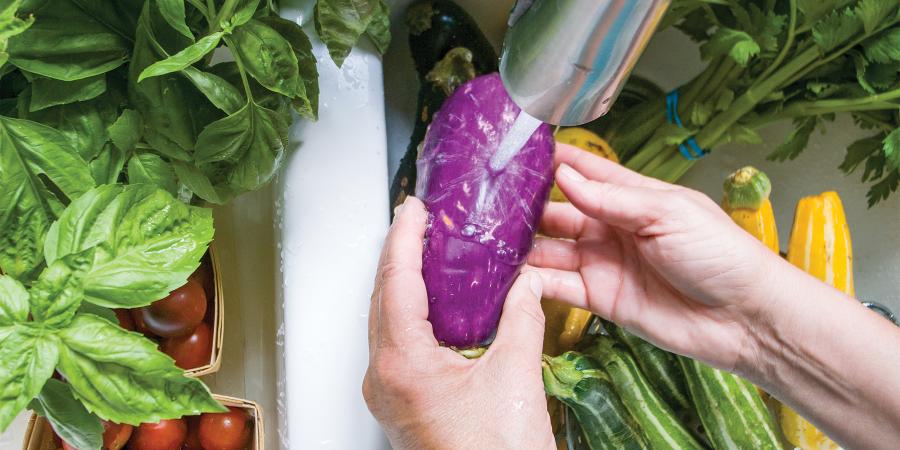Conserving Water
Clean, clear water is abundant throughout the Ausable region, but, like many systems in the northeastern US, ours rely on groundwater more than rainwater to recharge their flows. Reducing our water use sustains reservoir and groundwater levels, and allows more water to enter lakes, rivers, and streams, protecting both human health and the environment. Efficient water use also saves money by lowering energy bills in the home and reducing the need for costly investments in water treatment and delivery systems. There are many simple steps you can take in your home and on your property to conserve water. One of the most important? Fix household leaks and save thousands of gallons of water a year. Other tips include washing only full dishwasher and laundry loads. Outside, sweep sidewalks and driveways rather than hosing them off, and don't water your lawn or garden midday when most of the water will evaporate.
Maintaining Septic Systems
Most residents of the Ausable watershed rely on private septic systems. Wastewater leaving your house from the shower, toilet, sink, clothes washer, and dishwasher all enter your septic system, carrying chemicals, solids, grease, dirt, and pathogens. A properly designed and maintained septic system treats and disposes of this wastewater, preventing contaminants from polluting drinking water sources.
Routine maintenance is key. Generally, septic tanks should be pumped out every three to five years. Staying on this schedule is easier if you minimize what goes into the tank. For example, compost coffee grounds and used cooking oil or put them in the trash, not down the drain, and don’t flush anything your toilet wasn’t designed to handle. Minimizing water use keeps your system from becoming overloaded and reduces the likelihood of wastewater entering groundwater, streams, and lakes.
Disposing of Household Waste/Chemicals
Many basic household items can be harmful to the river and the watershed if not handled properly. Inside our homes, basements, garages, or sheds, it’s too easy to find paint, cleaning agents, cosmetics, old electronics, pool supplies, used oil and automotive fluids, compact fluorescent bulbs, and unused medication. If these items aren’t stored or disposed of properly, they can pollute ground or surface water—the water we all rely on for drinking, recreating, and for local food production.
Dispose of chemicals, automotive fluids, and unused medication at designated facilities. Do not flush or pour down drains, as septic systems and wastewater treatment facilities can’t handle these materials. Find out when a local facility has household hazardous waste days to dispose of household chemicals properly. Used oil and antifreeze can be taken to a local auto parts store. Unused medication can be taken to designated collection sites.
Both Clinton and Essex County have annual hazardous waste disposal days for residents.
Clinton County: 518-563-5514, Casella Waste Systems
Essex County: 518-873-3667, www.co.essex.ny.us
Top image credit: Stephen Longmire



